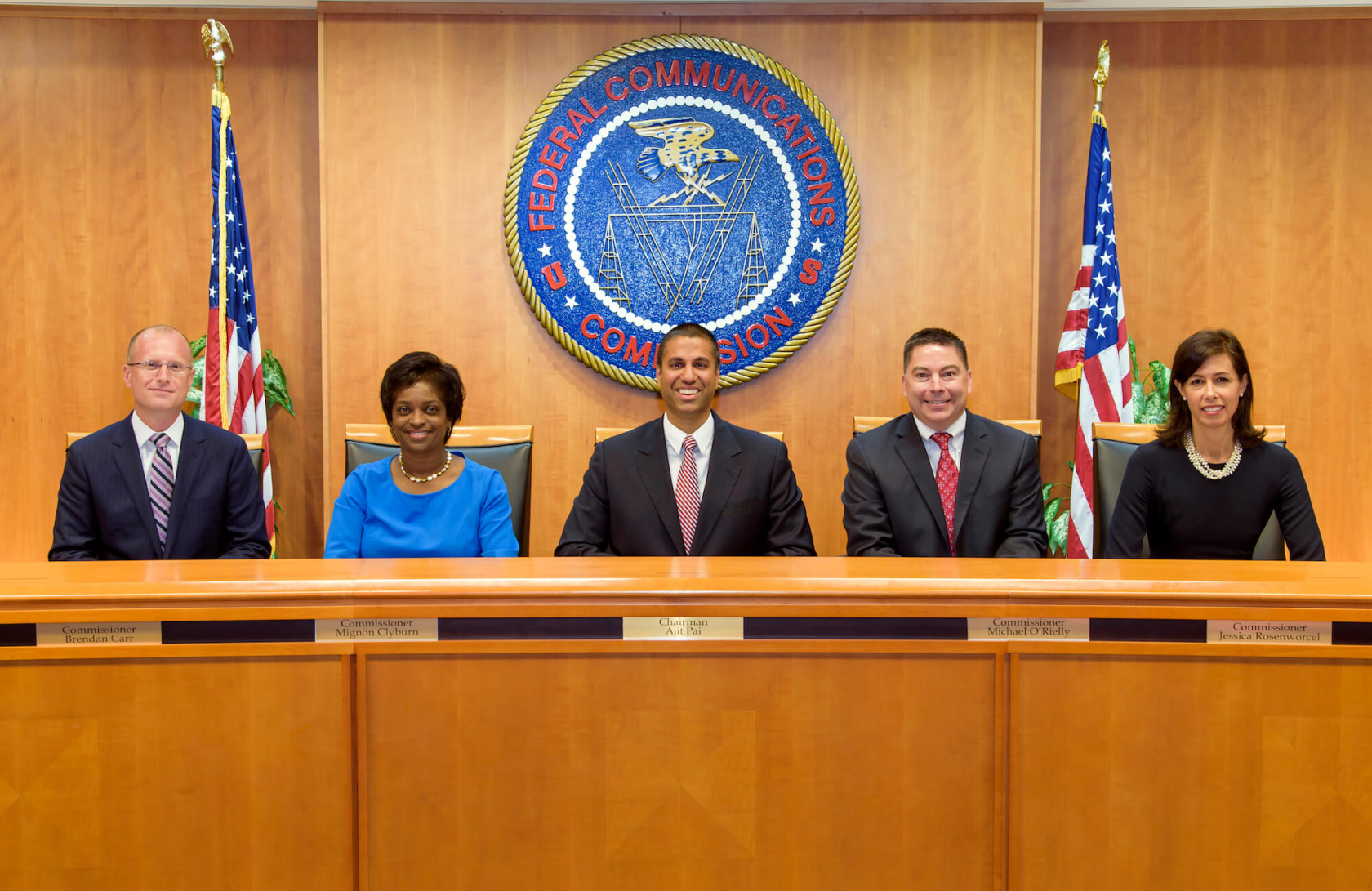The Federal Communications Commission (FCC) has passed a resolution to allow phone carriers to block robocalls from fraudulent numbers. The regulations were put to a vote today and passed unanimously.
The Hill reports that the ruling aims to end or limit calls from numbers that appear to be spoofed. Specifically mentioned are numbers from area codes that do not exist or cannot make outgoing calls. The regulations look to be broad enough to include companies or organizations that spam calls from a variety of area codes.
"These calls are very likely to be illegal or fraudulent; there's no legitimate reason for anyone to spoof caller ID to make it seem as if he or she is calling from an unassigned or invalid phone number," said FCC Chairman Ajit Pai.
Pai also vowed that this was only the beginning of the FCC's efforts in this matter. The commission is not just looking at regulations, but also enforcement, although he did not get into specifics on what enforcement would entail above the service provider level.
While the proposal went through without opposition, it was not without at least some criticism. Democratic Commissioner Jessica Rosenworcel admitted that the new regulations should be useful in limiting scam calls, but thinks that they are inadequate in fully protecting the consumer.

"While the agency offers carriers the ability to limit calls from what are likely to be fraudulent actors, it fails to prevent them from charging consumers for this service," she said.
Rosenworcel fears that Big Telecom will use the regulations to fill its coffers by providing a service which costs it very little to implement.The rules seem to fall short of requiring carriers to provide this service for a fee or otherwise, but rather just authorizes them to do so. This would place the regulations in the category of "optional" for phone companies.
"So this is the kicker: the FCC takes action to ostensibly reduce robocalls but then makes sure you can pay for the privilege," she stated. "If you ask me, that's ridiculous."
However, the proposal sounds almost identical to the regulations passed in 2015, which triggered AT&T (in part) to come up with its Call Protect app, which is free. So it remains unclear just exactly how the new provisions are different from the 2015 rules.
